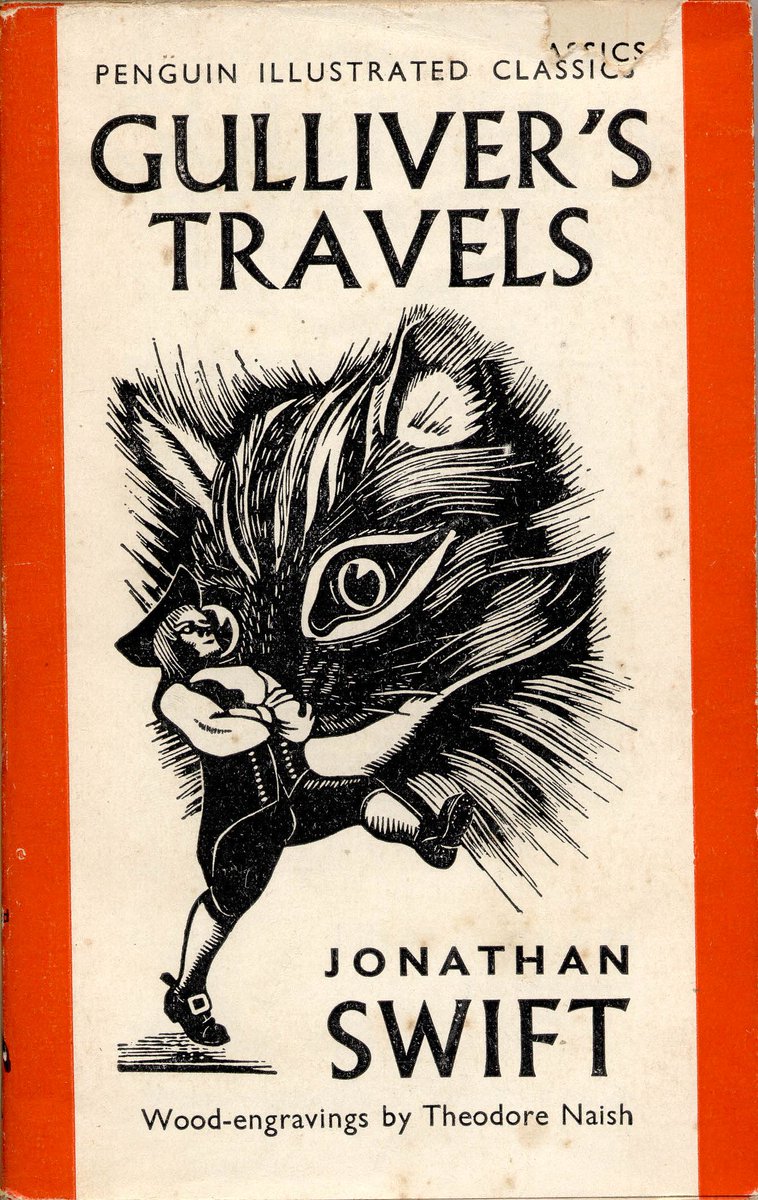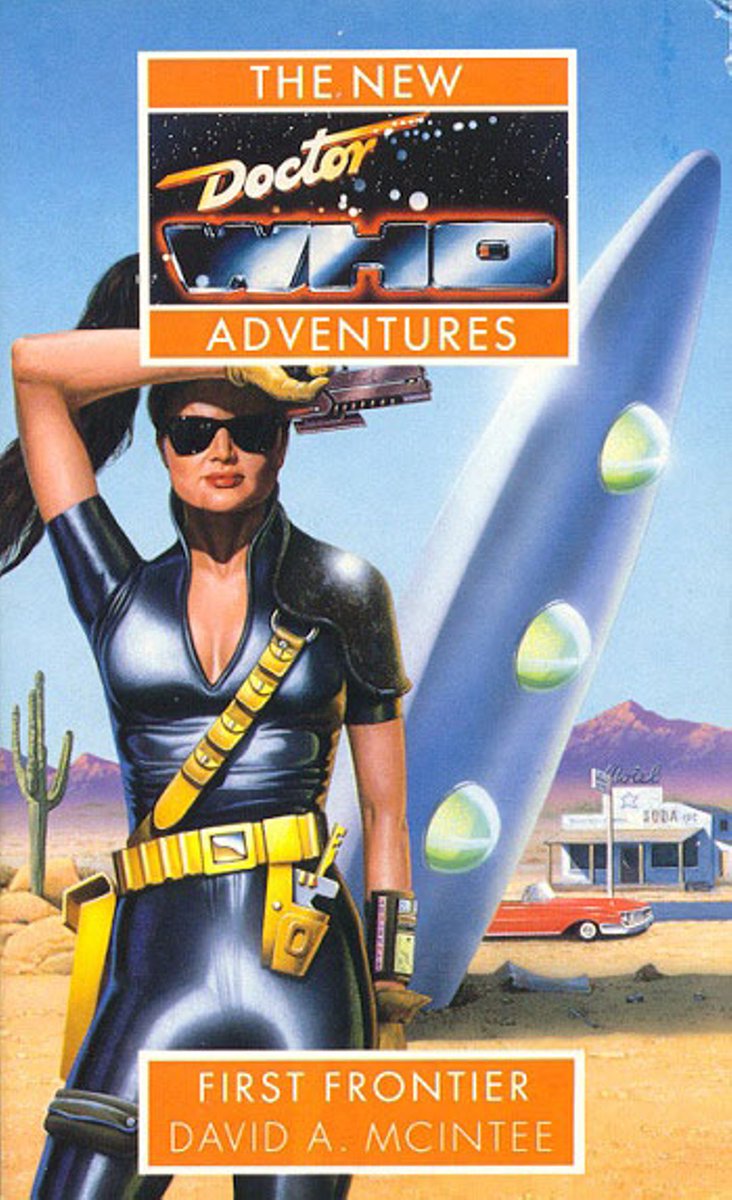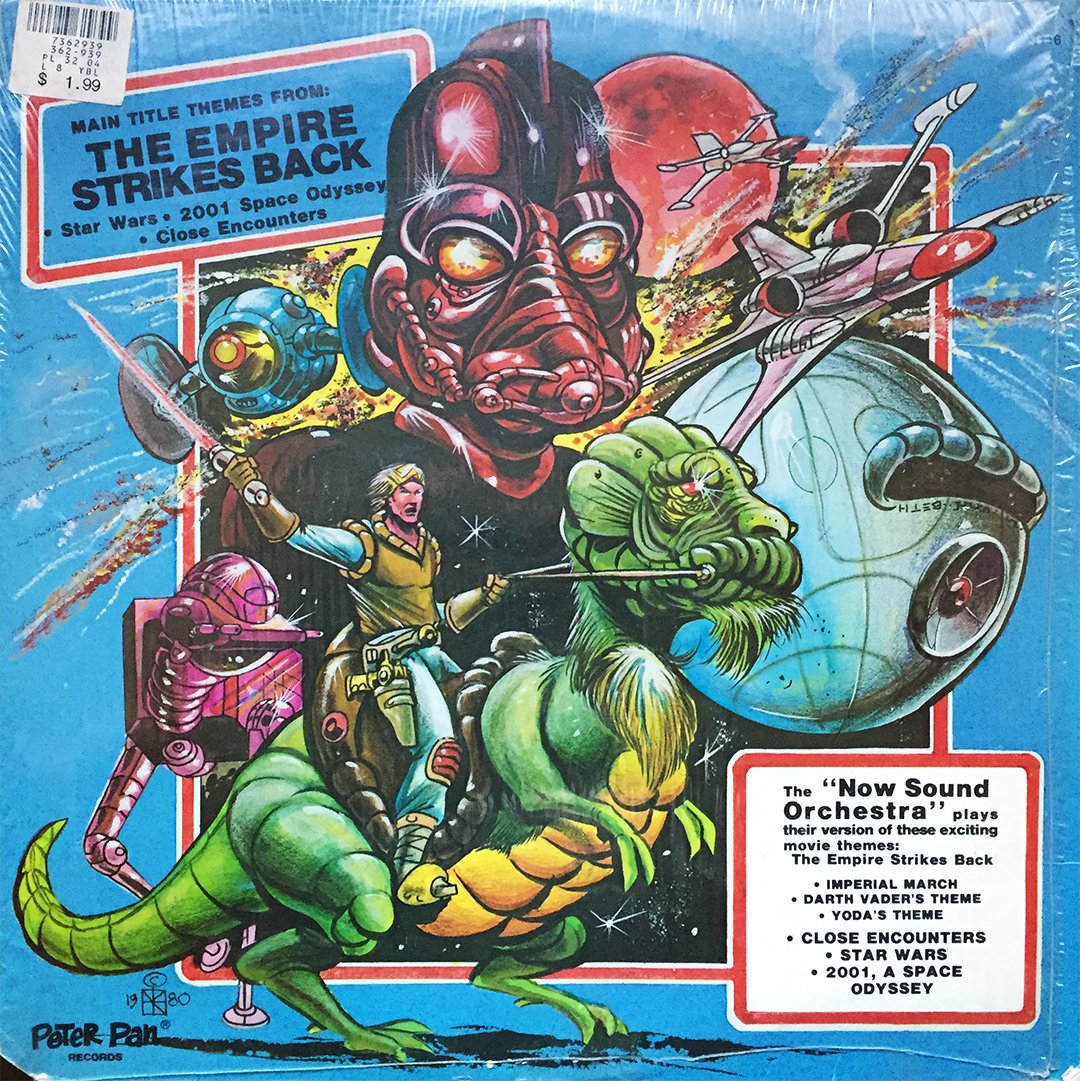
Am I going to take the bait?
You betcha! Come this way...
You betcha! Come this way...
https://twitter.com/nytimesbooks/status/1462077043110289408

In 1916 Hugo Gernsback coined the term 'Scientifiction' to describe the stories his magazines published. And Jules Verne and H.G. Wells provided a lot of his material. But did anyone 'invent' science fiction? 

Brian Aldiss believed that "Science fiction is the search for a definition of mankind and his status in the universe which will stand in our advanced but confused state of knowledge (science), and is characteristically cast in the Gothic or post-Gothic mode." 

Aldiss references the Gothic in his definition of science fiction because he believes Mary Shelly's Frankenstein is pivotal to the birth of sci-fi. Whether the Gothic is equally pivotal is a moot point. 

But before Mary Shelly there is Margaret Cavendish, and before her is Johannes Kepler, and so on and so on. Can we even pin down a science fiction Ur-text? 

Well a lot depends on the status yiu afford 'science' in this kind of fiction? Is it just a plot device, offering an otherwise impossible solution to a common human problem as Algis Budrys once said? Is it just magic dressed up as a spaceship? 

Well there's certainly a lot of gizmo fiction to be found in sci-fi, and it's true that its roots did thrive in the soil of adventure stories... 

But if sci-fi is also a meditation on 'the status of man in the universe' then a lot of hard sci-fi and some science fantasy would fail the test. Aldiss is from the New Wave of 1960s sci-fi which was somewhat esoteric as well as experimental. 

Ursula K. Le Guin believed "science fiction changed around 1960... towards an increase in the number of writers and readers, the breadth of subject, the depth of treatment, the sophistication of language and technique, and the political and literary consciousness of the writing." 

Others felt that sci-fi was too Western-centric. Kôichi Yamano led the charge with a 1969 essay arguing that SF had the capacity to be avant garde, rather than simply copying the themes of Golden Age American stories. 

So what's the difference between science fiction and science fantasy? , Rod Serling claimed that the former was "the improbable made possible" while the latter was "the impossible made probable." 

J.G. Ballard believed the biggest developments of the immediate future will take place, not on the Moon or Mars, but on Earth, and it is inner space, not outer, that needed to be explored. "Accuracy, that last refuge of the unimaginative, doesn't matter a hoot." 

Michael Moorcock, one of the founders of New Wave sci-fi was highly critical of the Golden Age stories as literature. They lacked "passion, subtlety, irony, original characterization, original and good style, a sense of involvement in human affairs, colour, density, depth..." 

New Wave sci-fi began to decline in the early 1970s. "(It) failed to move people" Jack Williamson said. "I'm not sure if this failure was due to its pessimistic themes or to people feeling the stuff was too pretentious. But it never really grabbed hold of people's imaginations." 

Without the speculative possibilities of science most sci-fi wouldn't be that different from more prosaic fiction. Sci-fi grabs the imagination by showing possibilities - garbed in technology - that lead to interesting situations, be they unique or familiar ones. 

But I've thought for a long time that the real 'science' in sci-fi isn't physics, or biology or engineering:
It's sociology.
It's sociology.

Good science fiction is good sociology. It looks at society and asks what transformations might happen in it, and to it, if we continue to progress in a certain way. 

And its versatility is due to the huge number of questions we have about society, along with our deep-seated fears that we do not know where we are headed. 

So perhaps Swift, rather than Wells, deserves some credit for melding tboughts of social critique with the idea of fantastical adventure and placing them into story form.
Feel free to disagree...
Feel free to disagree...

Perhaps we should leave the last word to Frederik Pohl: "Someone once said that a good science-fiction story should be able to predict not the automobile but the traffic jam. We agree."
More stories another time...
More stories another time...

• • •
Missing some Tweet in this thread? You can try to
force a refresh




























